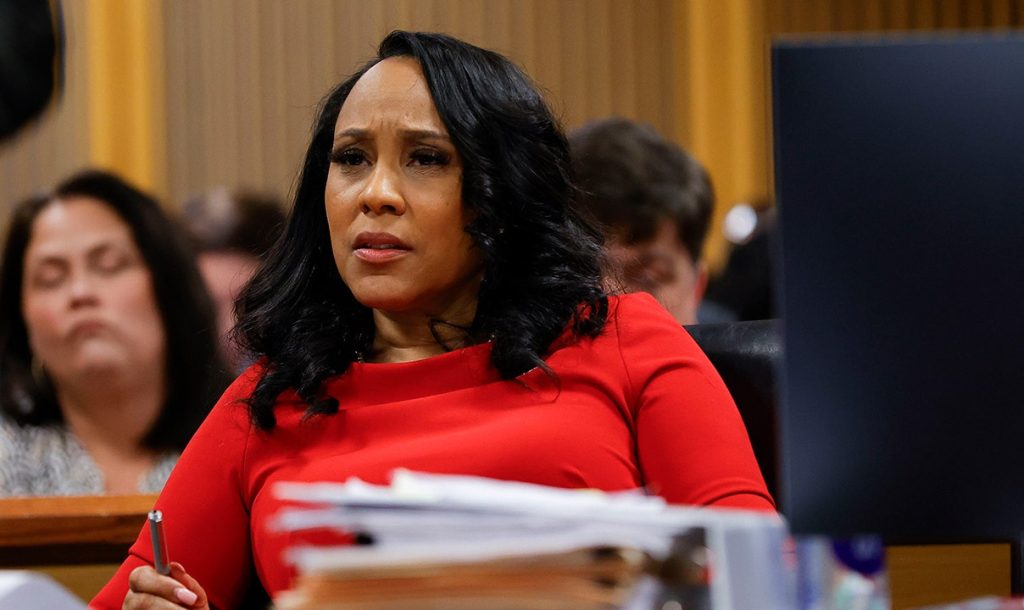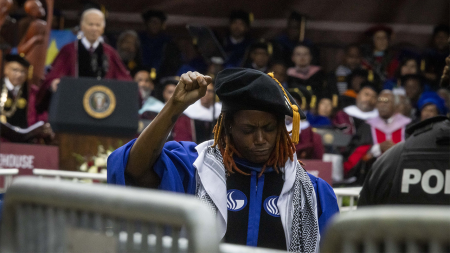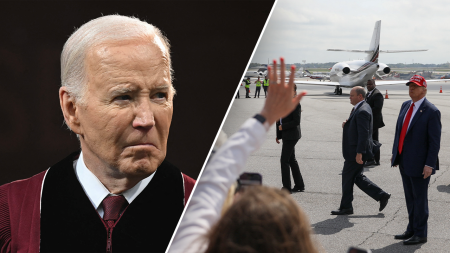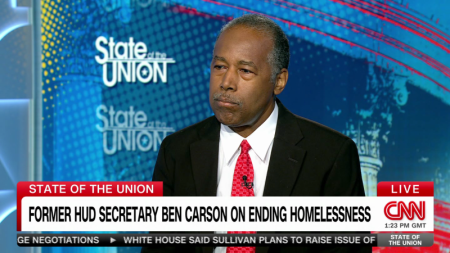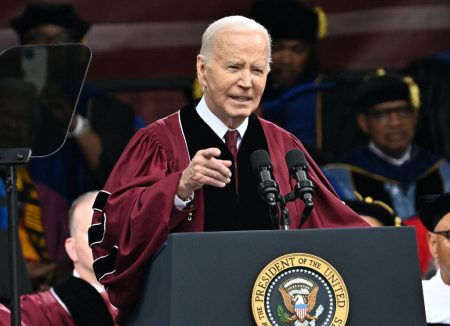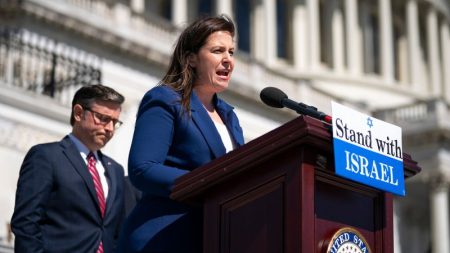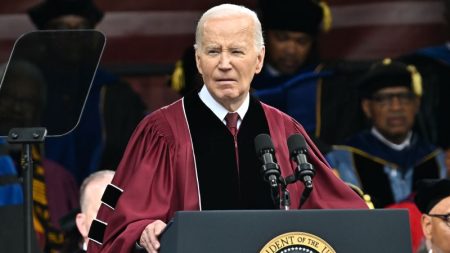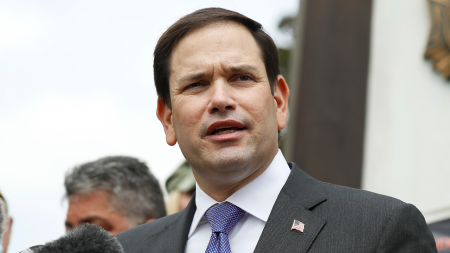Fulton County, Georgia, District Attorney Fani Willis refused to cooperate with a subpoena from a Republican-led Georgia Senate investigative committee looking into whether she misused taxpayer funds in the indictment of former President Trump and others on racketeering charges. Willis stated that she believed the investigation into her was “unlawful” and questioned the committee’s authority to subpoena her. The committee chairman, Republican Bill Cowsert, had reportedly stated that he would subpoena Willis if she did not appear on her own. Willis maintained that she had not broken any laws and insisted that everyone was treated equally.
The committee was established in January to investigate Willis’s handling of the indictment, which accused Trump and 18 others under Georgia’s Racketeer Influenced and Corrupt Organizations Act for their alleged involvement in a scheme to overturn the results of the 2020 election. Earlier in the year, it was revealed that Willis had a romantic relationship with Nathan Wade, the special prosecutor she hired for the case. Wade ultimately resigned from the case after a judge ruled that while there were no grounds to disqualify Willis, she could only remain on the case without Wade. Trump’s legal team has pushed back against this decision and has filed an appeal to remove Willis from the case.
Despite the committee’s efforts to investigate Willis, she has maintained her stance that the investigation is without merit and that the subpoena is unlawful. The lack of cooperation from Willis has raised questions about the extent of the committee’s authority to compel her appearance. Willis’s refusal to comply with the subpoena has heightened tensions between her office and the Republican-led committee, with potential legal battles looming in the future. The political implications of this standoff could have far-reaching consequences as the investigation into Willis’s conduct continues.
The controversy surrounding Willis’s indictment of Trump and others, as well as her handling of the case, has drawn attention to the issue of political bias and the intersection of law and politics. Willis’s relationship with the special prosecutor has also raised concerns about conflicts of interest and the impartiality of the legal process. As the legal battle over Willis’s involvement in the case continues, the outcome could have significant implications for the future of similar investigations and prosecutions in Georgia and beyond. The drama surrounding Willis’s refusal to cooperate with the committee’s subpoena has added another layer of complexity to an already contentious legal and political situation.
The escalating conflict between Willis and the Senate investigative committee highlights the broader tension between the executive and legislative branches of government. Willis’s refusal to cooperate with the subpoena underscores the challenges of holding public officials accountable and ensuring transparency in government operations. The standoff between Willis and the committee could have implications for future investigations and the balance of power between the branches of government. As the legal and political drama continues to unfold, the stakes are high for both Willis and the committee as they navigate the complexities of the legal system and the political landscape in Georgia. The outcome of this confrontation will likely have lasting implications for the role of the judiciary and the legislature in the state’s legal system.





